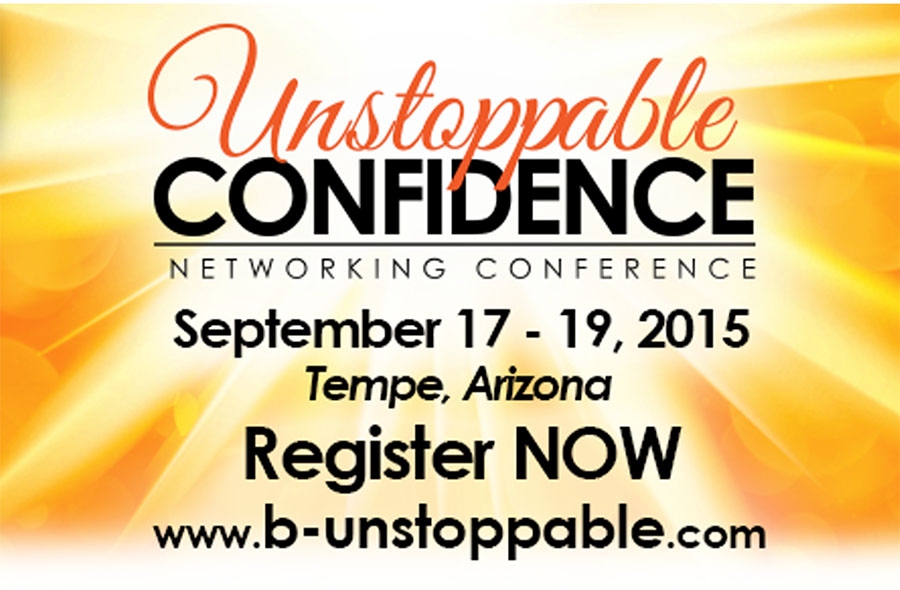
After having hundreds of conversations about effective leadership, as well as teaching classes on assertiveness for women in the workplace, I have come to the conclusion that there’s a gap between what leaders say and the most effective way to deliver the message.
When asked the question, “What would you like to improve about your leadership and communication style?” more than 65% of leaders say they want to be more confident and assertive in their communication. Regardless of their title on a business card, if they are frequently second guessing their ability to communicate effectively with their team, it’s difficult to feel like a great leader.
The good news is that confidence isn’t about a feeling; confidence is a choice. The phrase knowledge is power may be true, but knowledge also breeds confidence. Being well-prepared allows you to leverage your expertise, and imparts an unwavering self-assuredness.
Self-esteem is developed over the course of our lives and largely based on our childhood experiences. On the other hand, confidence can be learned and will increase over time. Confidence requires trust. As a leader, you must learn to trust yourself. Behaviors such as not speaking up for yourself or your team, speaking softly, or not making eye contact are indicators that you don’t fully trust your ability to make an impact. These behaviors detract from the value that you bring to the table, and can negatively influence the respect your staff and colleagues have for you.
Some executives make the mistake of believing their significance is determined by annual performance review or the ‘atta boy’s’ and ‘high fives’ received in the office. Internal dialogue plays a much larger role in how you see yourself, and ultimately how you communicate. When you are cognizant of what you are saying to yourself you can identify and disempower the triggers that cause you to communicate in a non-confident manner.
In my previous career as a staffing professional, I found that if two people were vying for a position having equal experience, education and skill level, the one who exuded the most confidence would generally impress the interviewer and secure the position. Dr. Ivan Joseph, Athletic Director and head coach of the Varsity Soccer team at Ryerson University, states that when looking for members for his championship soccer team; athleticism is not the primary factor. Instead, he seeks out players who have the skill of self-confidence. Your ability to display and communicate confidence inspire believability and speak volumes about your credibility.
A confident communicator provides a great example for his or her employees. Creating a culture where clear communication is used (and expected) teaches subordinates to interact professionally with other team members and interdepartmentally. As a confident leader, you promote employee engagement and inspire your group to support what has been created within the organization.
Confidence is a brand. It is a choice. And, it is foundational for career advancement and effective leadership. As you communicate confidently, you’ll create a ripple effect within your organization which inspires others to follow your example.
For more networking and communication tips and to join the conversation visit: www.facebook.com/coachtishtimes and for help with your networking strategy schedule a discovery session at [email protected].

